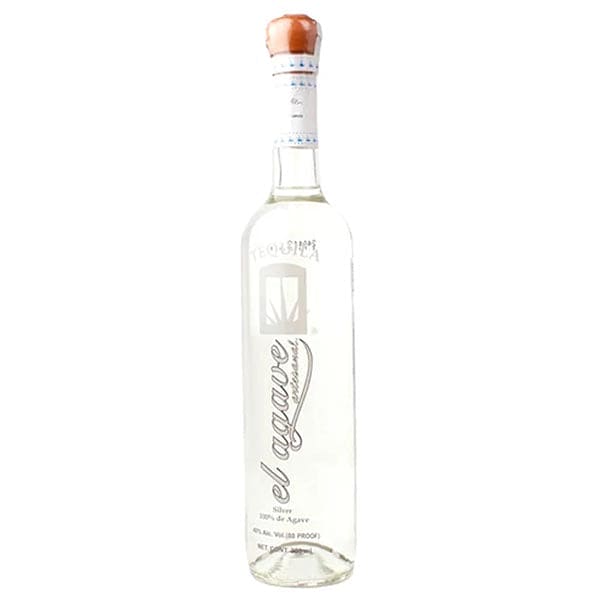
El Agave Blanco Tequila
El Agave Blanco Tequila
Indulge in the essence of pure agave with El Agave Blanco Tequila, a premium unaged spirit that promises an unparalleled tasting experience. Crafted with traditional methods, this tequila delivers a crisp and vibrant flavor profile that is simply unmatched.
Key Features:
- Premium Quality: Sourced from the finest agave, El Agave Blanco captures the true essence of the plant, ensuring every sip reflects the authenticity of its origin.
- Versatile Enjoyment: Whether you prefer it neat, on the rocks, or as a key ingredient in your favorite cocktails, this tequila adds a delightful twist to any drink.
- Crisp & Vibrant: Its clear and pure nature offers a fresh and lively drinking experience, making it a refreshing choice for any occasion.
- Traditional Craftsmanship: Produced using time-honored methods, El Agave Blanco Tequila is crafted with care and precision, ensuring a high-quality product that tequila enthusiasts will truly appreciate.
Elevate your tequila moments with El Agave Blanco Tequila, perfect for those who seek the natural and refreshing taste of agave in every sip. This blanco tequila is not just a drink; it’s a celebration of the pure and natural flavors of the agave plant, designed for those who value a fresh and vibrant tequila experience.

Explore a World of Spirits and Liquor through our Comprehensive FAQ Section.
Discover a World of Spirits and Liquor in our Helpful FAQ Section.
Types of Spirits
- Whiskey: Made from fermented grain mash and aged in wooden casks.
- Vodka: Typically distilled from grains or potatoes and known for its clear, neutral flavor.
- Rum: Produced from sugarcane byproducts like molasses or sugarcane juice.
- Tequila: Made from the blue agave plant, primarily in the area surrounding Tequila, Mexico.
- Gin: Distilled with botanicals, primarily juniper berries, giving it a distinctive flavor.
Production Process
- Fermentation: The process where yeast converts sugars into alcohol.
- Distillation: Separating alcohol from the fermented mixture to increase its concentration.
- Aging: Storing spirits in barrels to develop flavors over time.
Tasting and Pairing
- Tasting Notes: Learn to identify different aromas, flavors, and textures.
- Food Pairings: Discover which spirits complement various dishes, enhancing the dining experience.
Cocktails and Mixology
- Classic Cocktails: Recipes and techniques for making popular drinks like the Old Fashioned, Martini, and Mojito.
- Mixology Tips: How to balance flavors and create your own cocktail recipes.
History and Culture
Origins: The historical background of different spirits.
Cultural Significance: How spirits are enjoyed and celebrated around the world.

